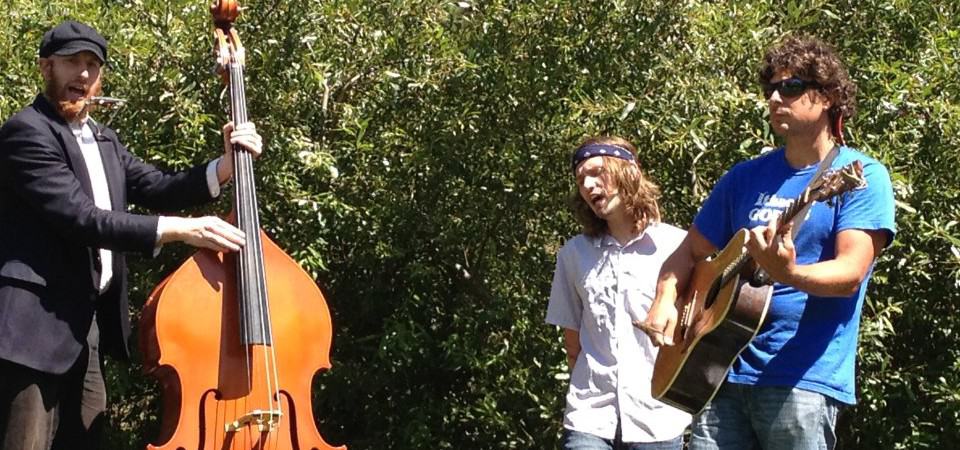
At some point in your life, possibly in youth — you thought, ‘I want to be a rock star.‘ That can mean various things.
It could be a desire to be onstage, adored. Maybe you just don’t want to work, and childish envy creeps in each time you see the guest band tear through a jam on a late night talk show. ‘That’s not work,’ you think. ‘I can do that.’
Truth is you can do that, but there’s only so many open positions and there’s not really an application process for ‘rock star’ so you go about doing other things with your life. College happens and maybe you still play in bands, but of course career shows in your routine and you goof off with friends on the weekends and after work.
Technology has advanced to where you can record your own album and distribute it digitally, print up CDs if you want, and just generally run your own record label with you as the only artist. It’s great actually, and I hope that everyone does something like it in their lives at some point. There’s a wonder to making your own anything without waiting for the okay from someone else.
In the Outer Sunset District of San Francisco there’s a pink house. The living room? Well, it’s more of a recording studio. Drums, pianos, guitars, basses, and miscellaneous noise makers fill that room, and the other rooms. Microphones and cables run the length of the walls and the man behind it all is Gavin Jones. A musician who decided, ‘I want to run my own recording studio’ so he went ahead and did.
He’s a traditionalist of sorts. His work is in folk, jazz, and blues. Music made by people with wooden instruments. I’ve recorded with him a few times and there’s definitely a different feeling in Jones’ Duvateen Sound than in a ‘proper’ studio. There’s no intimidating booths or unnatural settings. (Who naturally plays guitar in a soundproof booth tethered to the wall by headphones anyway?)
You are there with your guitar, doing your thing just like you do at home.
One thing about Gavin Jones and his studio Duvateen Sound is how much his business, and his business model, reflects who he is. He knows what he does well and knows what he enjoys and sticks to it. Jones’ business is him recording bands, doing live sound as well as playing around San Francisco with various bands. In the end — it is all him.
I chatted with Gavin about film school, music, gear heads, and what exactly success means.
ETDC: You went to film school to learn how to make horror movies and even spent some time in Los Angeles as a grip. When you moved back to San Francisco you immediately started your own recording studio. How did that change in goals come about? Did you just lose interest in the filmmaking process?
GJ: I went straight to LA after college and jumped right into work as a lighting grip on low budget films. It wasn’t long before I started getting calls from Union Grips to cover shifts, and I was told that I needed to join a Union if I wanted to make a solid career in the film world.
Being a grip is like being a construction worker, but not knowing what you’re building. Film production is too big, too much of a machine. I decided to return home and build a career in music, where I could play a creative role in a more intimate setting, the recording studio.
I spent time in LA and had that same feeling, of being a small part of some unknown project. I wasn’t getting paid, but I did get a lot of promises of money once ‘the project’ started. I think we both went into audio work at the same time, but I went to a large semi-corporate studio as an intern and you started your own studio. My choice might have been way too practical — I wanted stability in steady work and pay.
You totally took the risk of doing it on your own. What experience did you have with recording prior to being open for business?
In the artist world there is a lot of “we can’t pay you right now, but…(insert master plan idea.)” I hear it often even now, “this is your chance to get on board!” My feeling is, if the project is serious, come up with a budget and THEN get your crew together. When I came back home to San Francisco, my plan was dangerously simple. I had some experience working with a few jazz groups around town, doing archival type recording.
As a hobby, I had for years been recording my own music and occasionally my friends music using my 4-track recorder. This translated into a very basic understanding of the art, but I had never produced an album.
Once I got settled back in to SF I took my credit card to the store and bought a few decent (I thought at the time) mics and recording software for my computer. My plan was one month of free demo recording for singer/songwriters. I put an ad out on craigslist, saying something like “free demo recording with aspiring engineer, looking to gain experience etc.”
In the meantime I had a singer/songwriter friend in the neighborhood, and we started working on his album. This was my first actual studio production work. I got a flood of emails from my ad, and pretty much booked that whole month solid recording demo’s for local artists. This was my internship I suppose.
In addition to this, I already knew a handful of professional musicians around town and was able to comfortably gain experience on the job and build my business from there.
You’ve been working in music for quite a few years now – from playing live shows, recording live and in studio, as well as doing live sound. What’s your daily hustle like? Do you set aside time for emails and making phone calls? How much of your work comes from you going out and meeting people versus jobs finding you?
Lots of time on the phone! I dedicate one solid day a week to scheduling via phone and email, but everyday requires a couple of hours on the phone. My clients and I almost always have a relationship that goes a little further than just work, so every call has a bit of chatting on a personal level in addition to business talk.
When I first started my business, I hustled more than I worked! Now I mostly just take calls, and every band is associated with their own network of musicians and bands, so my name and reputation get passed around.
What sort of musicians are you working with?
Classical chamber music to , Jazz, Country, American Folk, traditional Brazilian (Samba), Chinese, and Jewish (Klezmer). I do work with two contemporary top 40 bands, which was a little out of my comfort zone initially.
I get a lot of questions from people wanting to know what I record with or what PA system to get, what’s the best amp, etc. For me, my gear is secondary. As long as I can get the sounds recorded, I’m happy. I don’t care about gear, and I always give horrible advice to very disappointed people.
As an engineer, what tools do you consider key to recording. How important are the right mics, compressors, reverb units, etc. to your process?
The gear is important, but without the musicianship and great performance, it doesn’t mean anything. (I’m going to get hate mail from other engineers!) I have a lot of money invested in gear, but you can’t buy a machine that ensures a great performance.
One of my first serious mobile recordings was the Chuck Peterson Quintet, a jazz horn band. The performance took place in a small bookstore. All I had at my disposal was a series of cheap mics, run through a cheap mixing board, into an out dated 8 channel ADAT machine.
I still love that recording to this day. What kind of mic did they use to record Robert Johnson?
Totally. That’s what I always fall back on. If you make good music there’s no need to be so concerned with gear. When recording a band or an artist, do you have a routine down that works best? Do you want to hear them play their songs fully, or do you just get them set up and go for it?
There is little routine in the process. Every artist approaches recording differently. Getting to know them ahead of time is a big deal for me. Sitting down and talking, without instruments in hand. Some folks can’t record vocals with headphones on, so we have to record live.
This may affect production value, but again it’s about getting the best performance. I worked with an artist that needed to go out to the street and play catch with a baseball in between takes.
Your recording style is very much in the vein of the classic recordings of blues, folk, and jazz. You don’t seem to lean on technology to make the recordings work as much as the artists themselves. Your recordings really show off the artist as they are. Is there any type of music that tend to stay away from?
Would you want to take a stab at making a hip hop record or a more electronic based band that has no traditionally ‘rock’ instruments?
One of my first clients was a hip hop team that came all the way from San Jose to record. I had no idea what I was doing. At the time I needed the work, any work I could get! Now I keep to what I know, and suggest other studio’s when I’m contacted by hip hop or electronic musicians.
I’ve talked with engineers that say they can produce music in any genre. It’s hard for me to imagine understanding every genre well enough to produce anything that comes into the studio.
You’ve played a lot as a session player around San Francisco, both live and on recordings. The live performing you’ve done has been with a lot cover bands doing classic blues, folk, and rock. How much of your performing is your own original work?
Typically my set includes about 50% originals. I don’t like to ever feel like I’m playing my song because it’s my song, I like to entertain..so I just play whatever seems fun at the moment (for me AND the audience). In the studio the musician is a painter, on stage he’s an entertainer. That’s how I feel.
One of the dangers I’ve seen in doing freelance work is the eventual lack of time you get to do what got you excited about your craft in the first place. Meaning, the painter who no longer gets to paint what they want because they have to finish the paid work.
With spending so much time recording and working with other musicians on their own music, how much time and effort are you able to put into your own music?
That’s a tough one! At the end of an all day recording session, the last thing I want to do is record anymore. When I get started recording my own music I disappear for a few days, so I need to see at least 3 days clear on my schedule to even think about getting into it.
This doesn’t happen very often, but I always find time to work on writing songs.
These days recording has become incredibly easy. Most people can record at home on their computers or laptops, even the iPhone has a pretty solid mic for doing quick and easy demos. You’ve taken advantage of this by doing a lot of mobile recording and by being incredibly affordable and accessible.
You’ve taken a more modern approach to the usual recording studio business. You don’t have a giant studio with immense live rooms, multiple engineers and staff, or high overhead costs, so you’re able to make solid recording gear available to bands who might not otherwise be able to get quality recordings.
Do you plan on keeping it that way, or are there plans to expand?
When I started my business, the initial plan was to build a solid client base and musician network, and ultimately open a big studio facility. I accomplished building the client base, and opened a small but very nice studio in San Rafael. Going from my living room studio to a real studio, with a tuned live room and ISO booth was a dream come true!
I was so proud to have advanced, and I’ll never forget the look of my first client entering the studio for a session. He looked around and then at me, and said, “this is nice, but I really liked recording at your house.”
The studio sounded great, but I never got the level of performance quality that I got from my comfortable home studio. Now I’m back to working out of my home studio, and plan to keep it that way.
It’s awesome that you want to stick to your plan of keeping the studio small. I’ve recorded with you before and it is definitely the kind of environment that gets more intimate performances than an intimidating studio. Your process works for you, and works for the musicians who hire you.
How do you gauge your success? Is it based around providing the type of clients you want with the type of recording environment you want to be a part of? How do you measure your success as a musician and business owner or is that something you don’t consider?
For me, success is being able to sustain my business with projects that I care about it. Working with musicians that I can understand from a creative and technical stand point. When I first started, and was taking on every job that came along, I was worried about the future. Would I always have to try and pretend that I can produce a hip hop album just to keep the money coming in?
I stuck to my roots, and have found that there are many musicians carrying on the traditional forms of music that I love. Now I get to get to live and work in that world, and that makes me feel successful. I’m going to have steak for dinner.
If you’re in the San Francisco area check out Gavin at Duvateen Sound. He also does mobile recording, which is pretty awesome. You can contact him right there on his site and rummage through photos and MP3s of his work if you’re up for it.
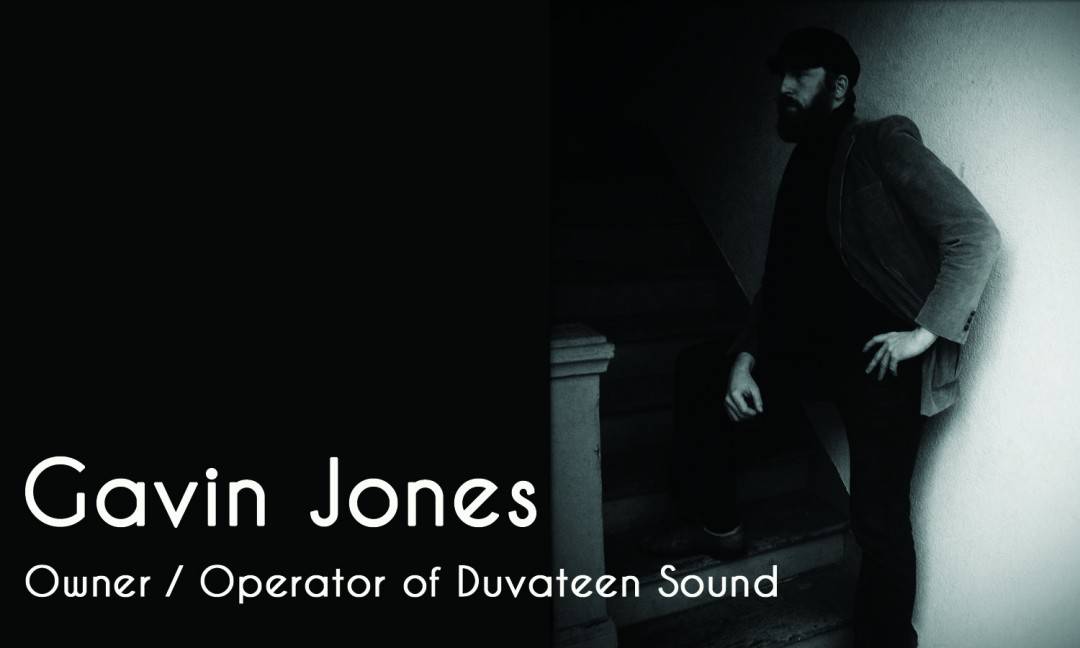
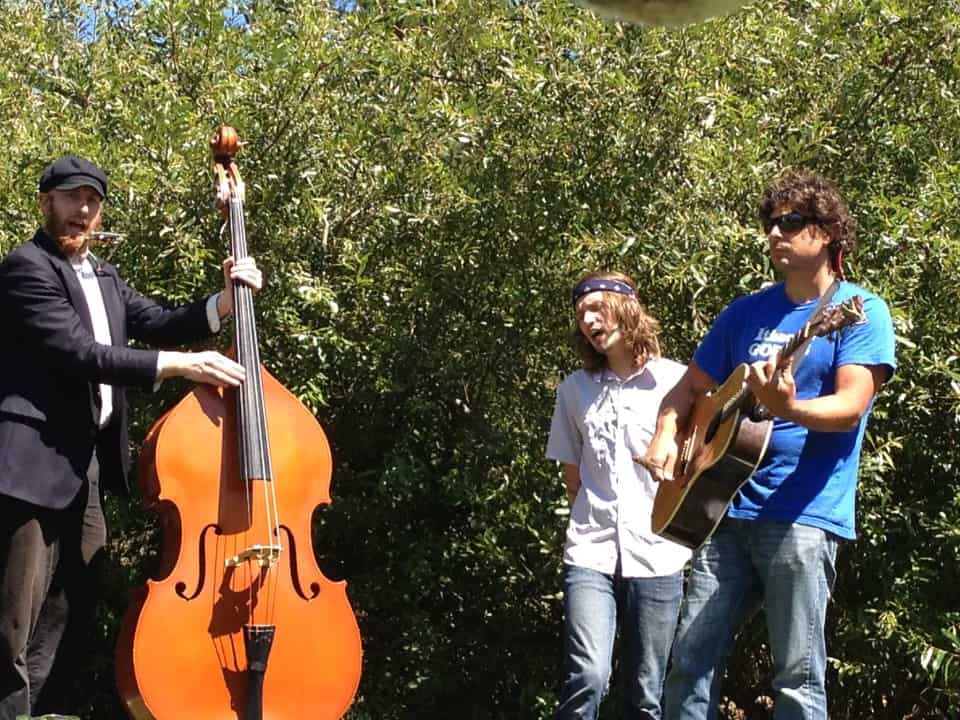

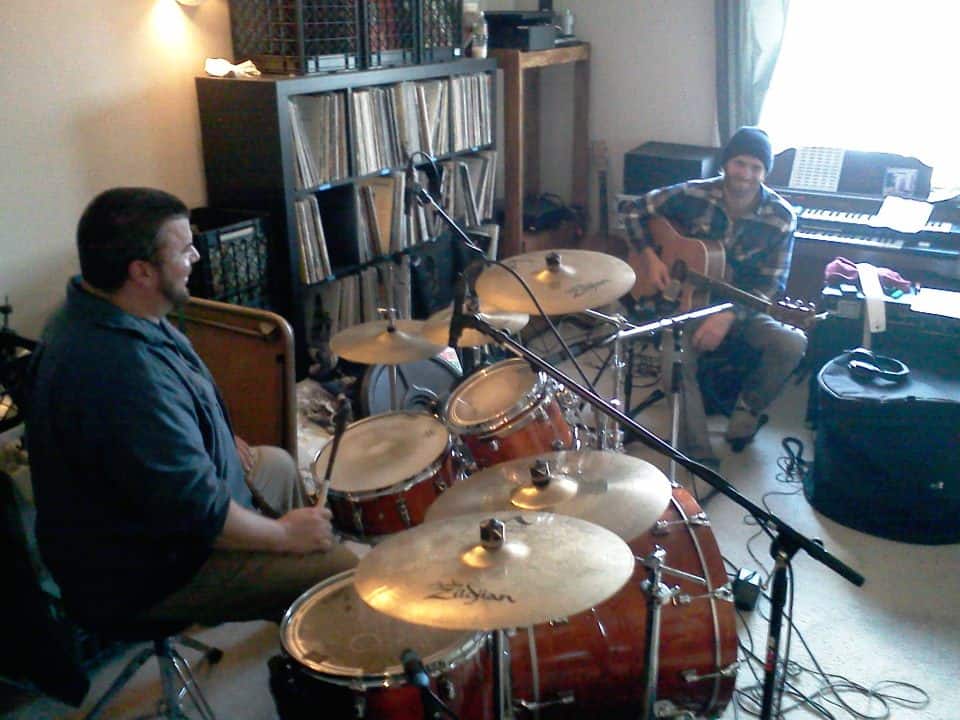
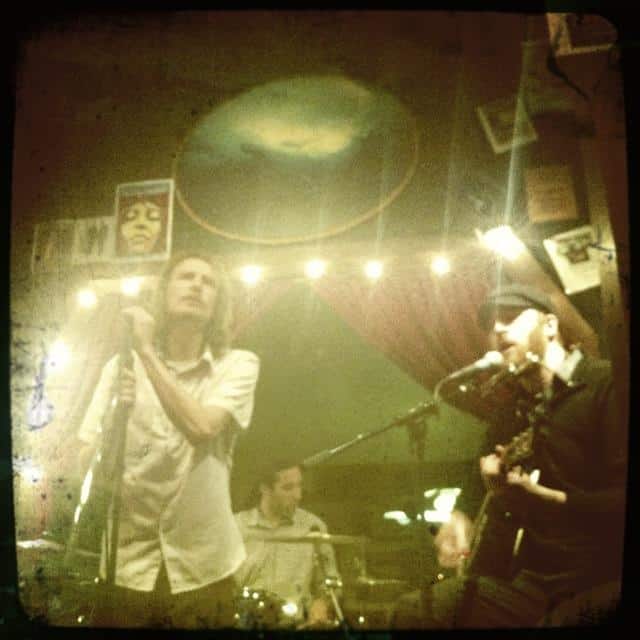
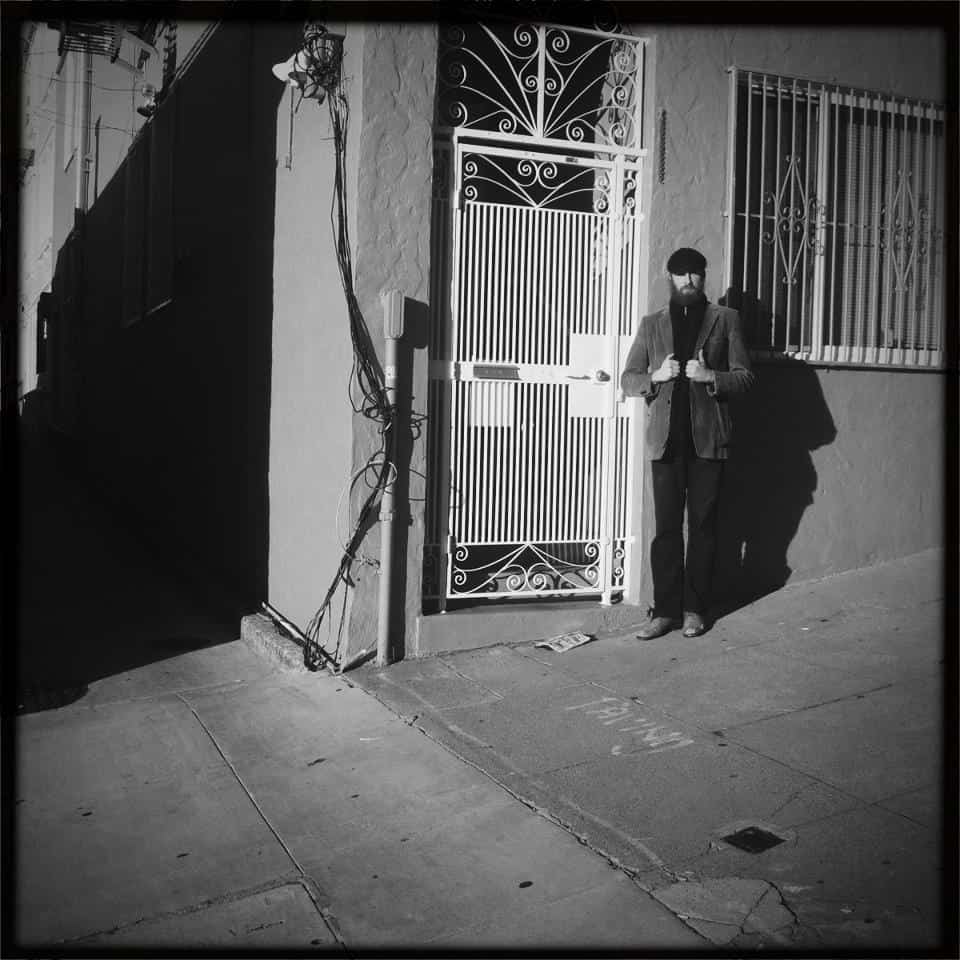
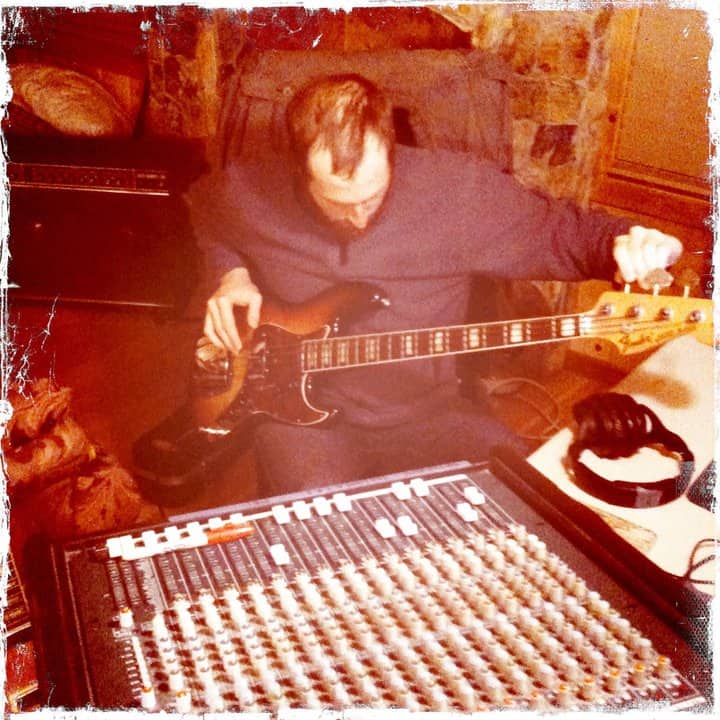
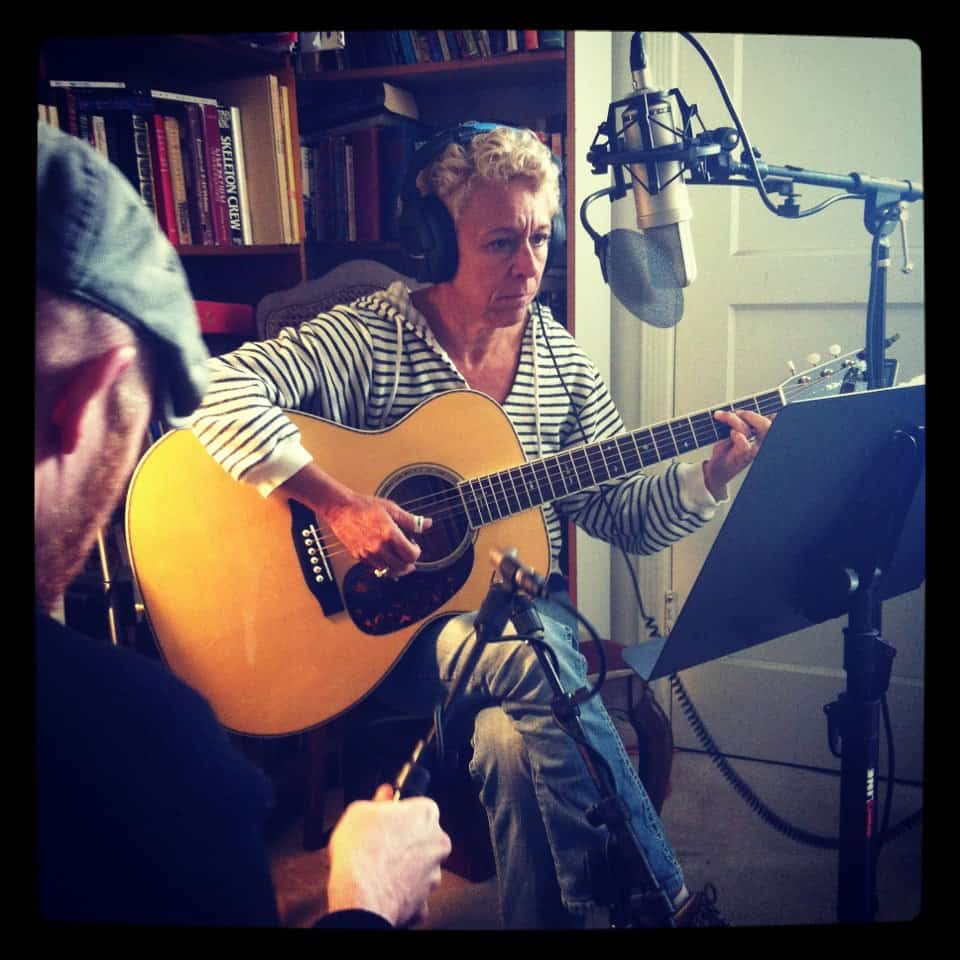
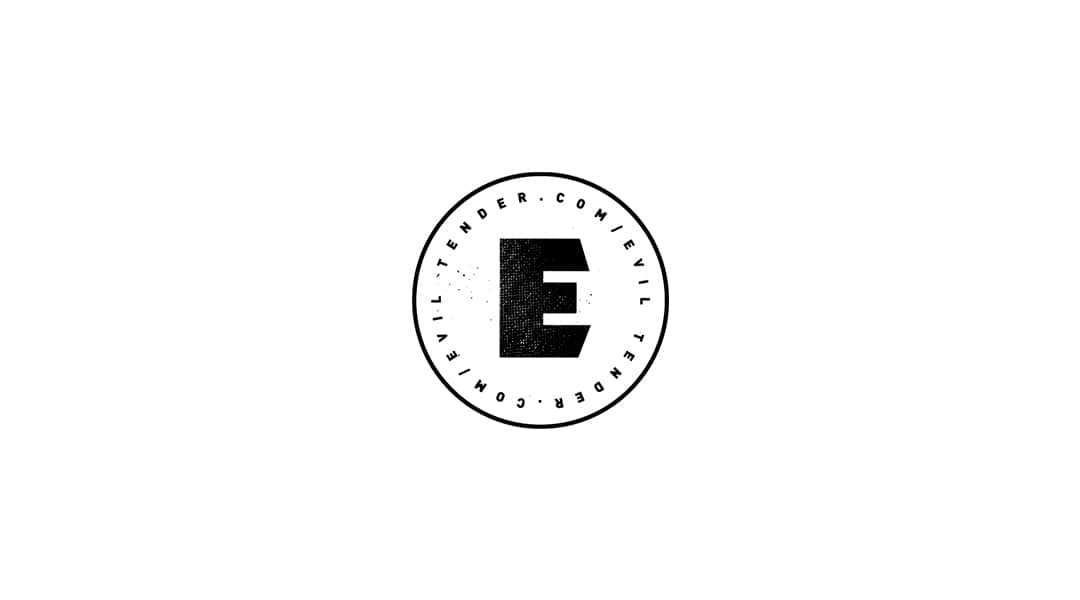
Hi, I live in SF and been recording at my house with a great audio engineer. He is leaving for a tour and looking for an awesome audio engineer to record with. I live in SF. You can reach me at 415 775 9607 if you might be interested. Thanks.